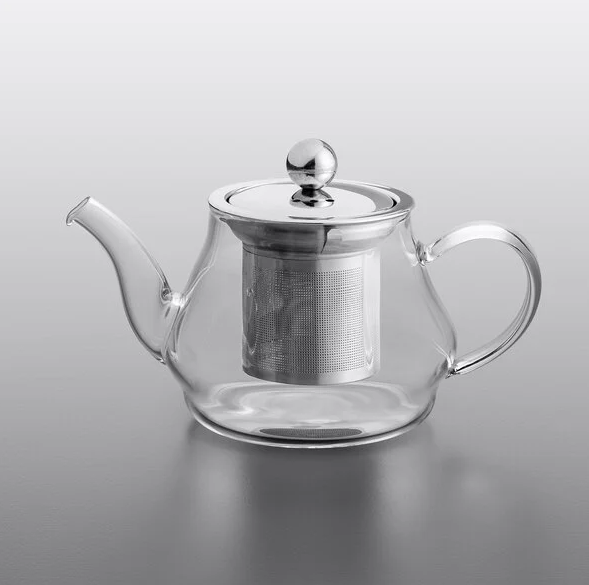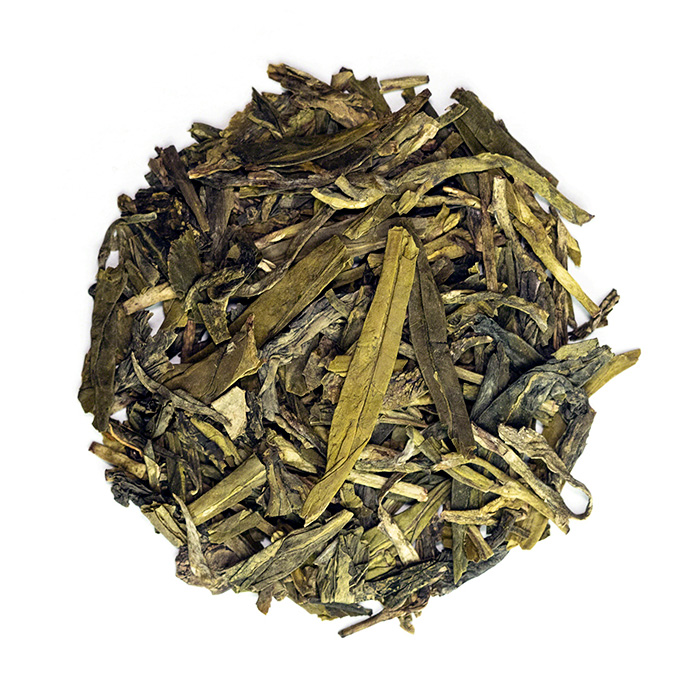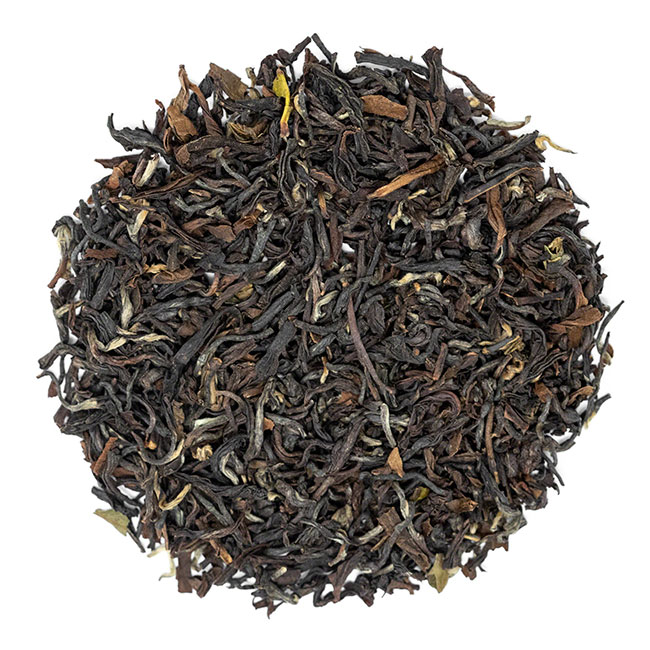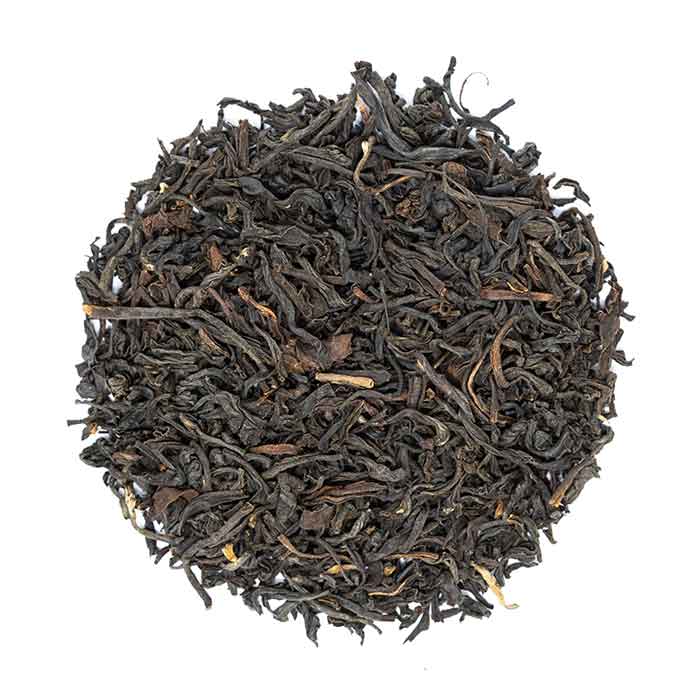Best Premium Teas You Need to Try
This post may contain affiliate links. Simple Loose Leaf is a participant in the Amazon Associates Program, an affiliate advertising program designed to provide a means for sites to earn advertising fees by linking to Amazon.com. Why drink ordinary when you can have a premium tea? And premium is a word often used in the world of tea. What are the characteristics of a premium tea and what are the best premium green and black teas to try?
What is premium tea?
Today, the word premium can mean a lot of things – from better quality tea dust in tea bags, to exceptional hand harvested and handmade loose leaf tea from original tea areas. It’s very difficult to define premium, but there are some guidelines you can follow when choosing your tea. Premium usually means:- Loose leaf tea
- Tea made from unique and rare cultivars and special tea types
- Hand made tea
- Tea grown in unique locations
- Tea made using special processing techniques
- Small-batch tea and single origin tea
- Organic tea
How to recognize a premium tea?
1. Tea bags vs loose leaf tea
Loose leaf tea will often be superior to tea in tea bags. This is because tea bags usually contain tea dust and small tea particles rather than full leaf. They contain by-products of tea production, and although they are easy to brew, convenient and may give a caffeine boost and some health benefits, they will almost always have an inferior flavor. Read about main differences between loose leaf tea and tea bags here.2. Tea made from unique and rare cultivars and special tea types
Sometimes, choosing a tea by type may also be a guarantee of getting a premium product. Some types of teas are more premium than the others. For example, Japanese gyokuro is almost always considered a premium tea, and so is matcha tea powder. They are made only in Japan, following traditional growing practices and processed using special techniques. Rarely any tea can mimic the flavor, color and scent of these teas. Matcha, for example, will be a premium tea compared to regular green tea dust. Production of matcha contains far more steps and care than making a simple green tea powder. On the other hand, teas like Lapsang Souchong may be of an exceptionally high premium quality, or made from artificially flavored tea dust.3. Hand made tea
Handmade teas or teas that were not 100% mechanically produced will have beautifully shaped leaves, compared to mechanically harvested and produced tea. A good examples are Indian orthodox and CTC teas. CTC tea is often used for making morning blends because of its strong and robust flavor. They are made using machines. On the other hand, orthodox teas are full leaf teas, made using traditional methods. They are more delicate, although they are often strong and robust too.4. Terroir
Terroir is very important when talking about tea. Just like with fine wine, terroir will influence the flavor, scent and aroma of tea. For example, if you plant two same tea bushes on two different locations with different soil and climate, even if you process them in the same way, you will get two different teas. But terroir is not the only factor when determining the quality of tea. How they are harvested and processed matters too.5. Popularity
Popularity of some tea type doesn’t necessarily guarantee it will be premium. In fact, the opposite can be true. Rare teas produced in small batches in a very limited area that aren’t very popular are usually full of flavor and unique. That often makes them of a premium quality too.6. Organic vs non-organic
Non organic tea can be premium too. Simplified, organic means the tea was produced without using toxic chemicals, herbicides and pesticides. But tea dust can also be organic, and even though it will very likely be healthier, it doesn’t necessarily need to offer the best flavor. Wild-grown teas are often organic and even teas from tea farms can be grown organically, even though they are not certified organic.Best premium green tea
- Dragon well Dragon Well or Long Jing is one of the most famous Chinese green teas. This tea has flat leaves and sweet, light and lightly toasty flavor.
Organic Dragon Well
- Gyokuro Gyokuro is a type of premium Japanese green tea made from shaded tea leaves. It has a strong umami flavor – a savory sea-weed like flavor typical for the highest quality Japanese style green teas.
- Matcha Matcha is one of the most unique teas to try. This tea comes in different grades, but they are all made using techniques. Leaves are first shaded before harvesting, then all stalks and veins are removed, leaving only small delicate tea leaf flakes. Those flakes – tencha – are then grounded into a delicate fine powder.
Best premium black tea
- 2nd flush Darjeeling tea What champagne is among wines, Darjeeling in among black Indian teas. There’s a never ending debate about which Darjeeling flush is better – first or the second. While both are unique, both can give some exquisite premium loose black teas, we chose the second one. Bold tea with sweet leather and walnut note in scent.
- Royal Golden Yunnan Yunnan is a home of black and dark tea. The most exquisite types will have a lot of golden buds and rich flavor. They are great for multiple steeps.

Royal Golden Yunnan with golden tips
- Hathikuli Black Tea With sweet maltiness, dates and honey notes, Hathikuli black tea is a proof that not all Assam teas are the same. This organic orthodox tea is best served neat.
Organic loose leaf Assam black tea from Hathikuli tea garden
Disclaimer: This article is for informational purposes only. It’s not intended to replace medical advice, diagnosis or treatment. Every person is different and may react to different herbs and teas differently. Never use teas or herbs to treat serious medical conditions on your own. Always seek professional medical advice before choosing home remedies.
More from:
SLL







Leave a comment